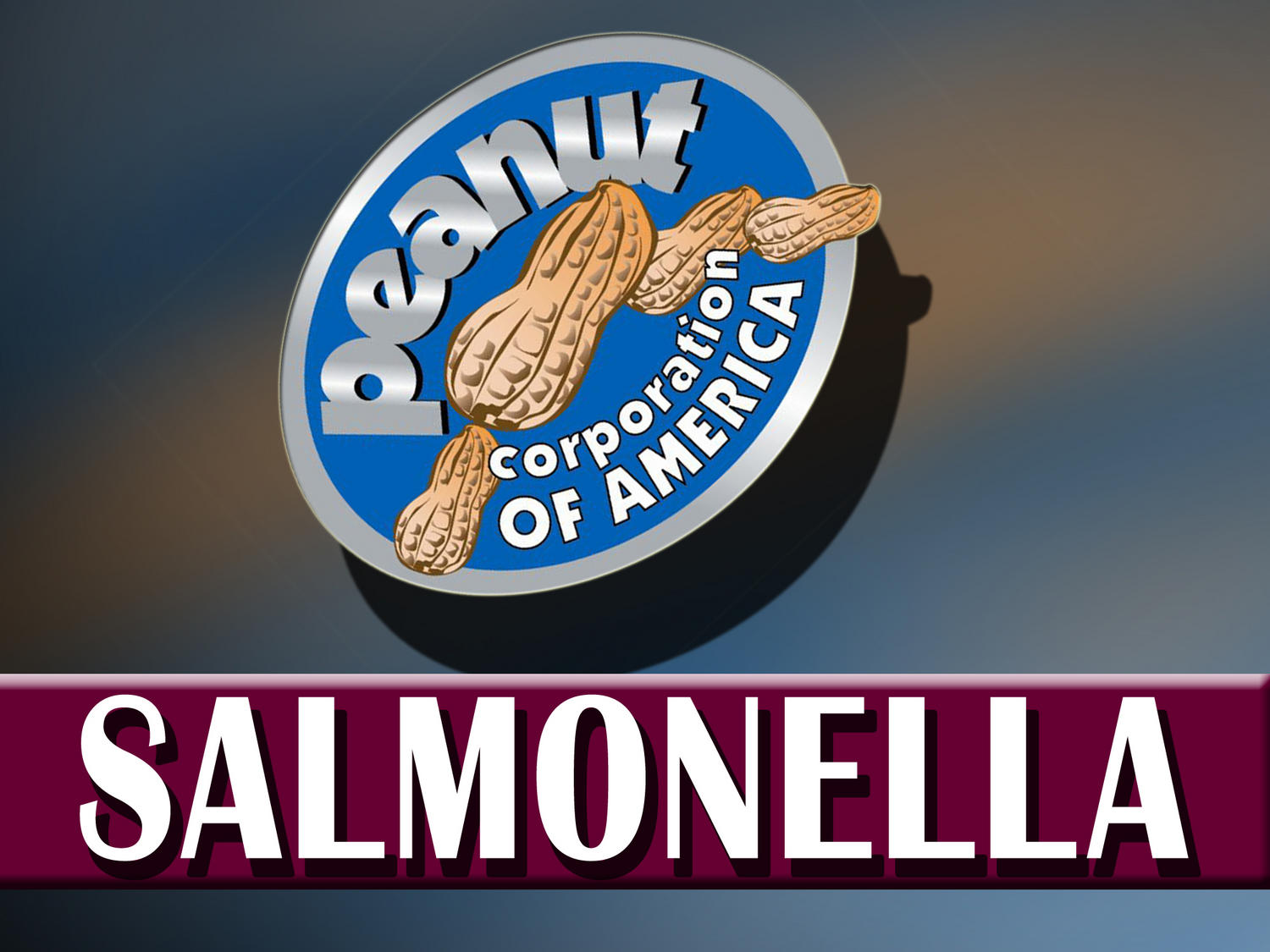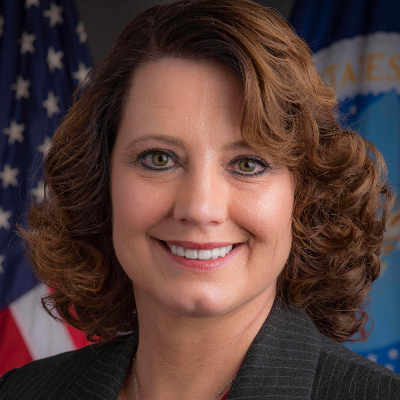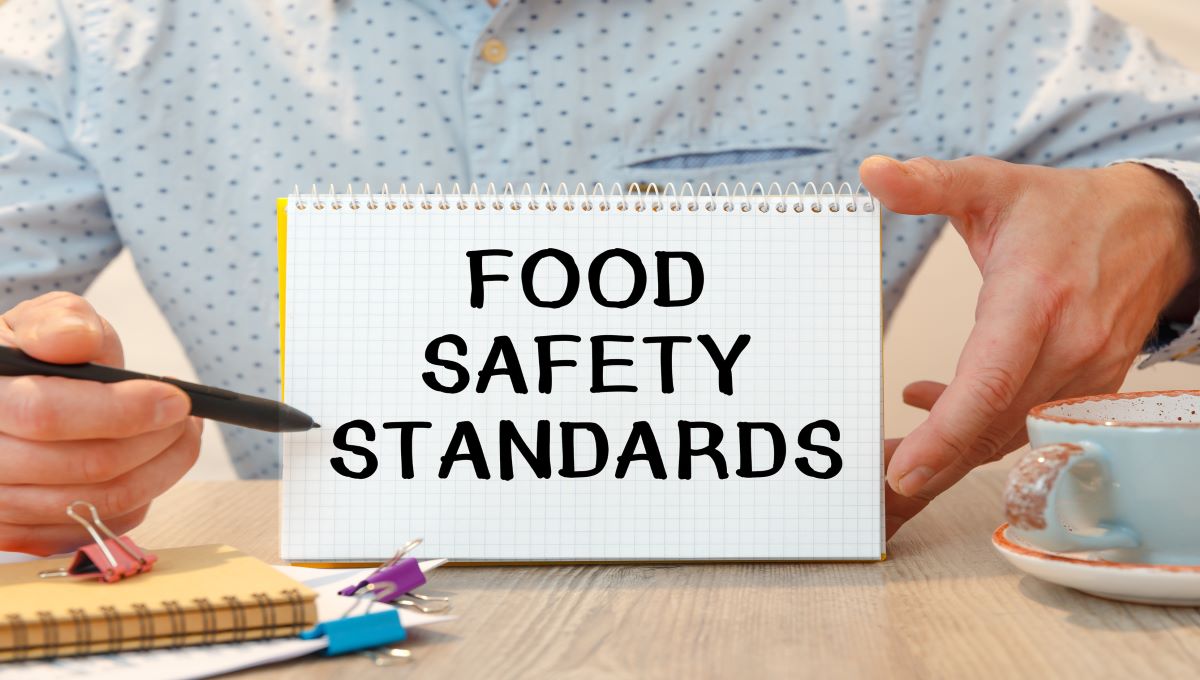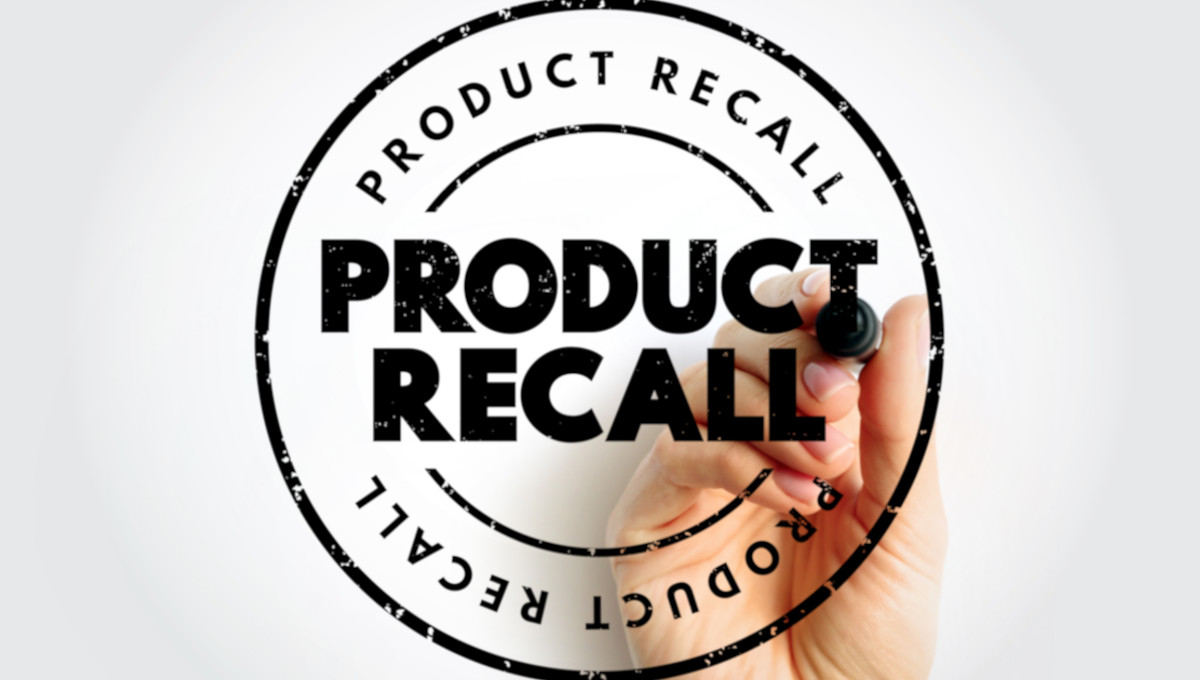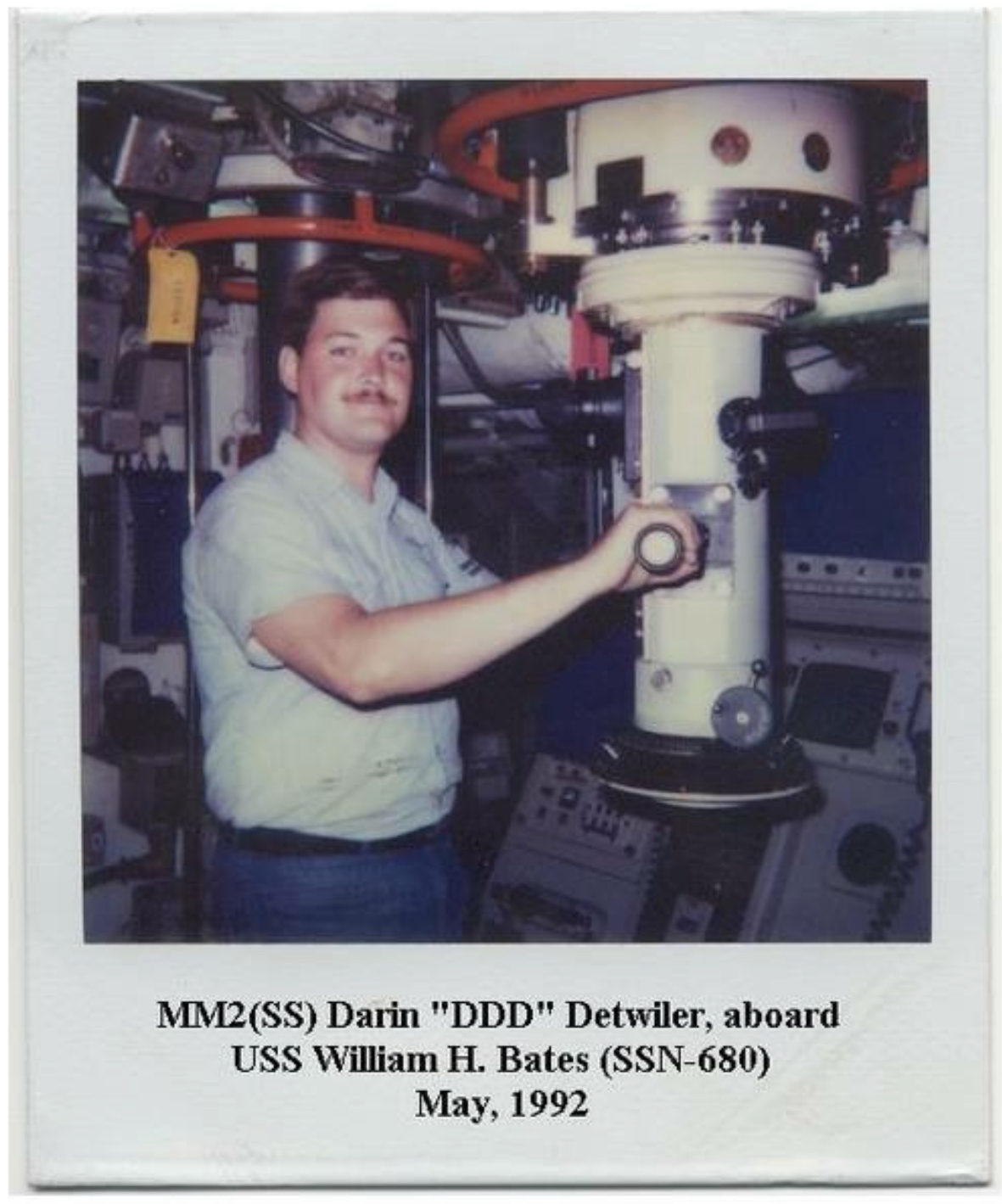This is Part I of a three-part series marking the 10th anniversary of the historic sentencing in the Peanut Corporation of America (PCA) criminal case.
Witness to Justice
Ten years ago, on Sept. 21, 2015, I sat in a federal courtroom in Albany, GA, to witness what many believed would be a turning point in food safety history.
It was the sentencing phase of the criminal trial against executives of the Peanut Corporation of America (PCA)—a company whose negligence during the 2008–2009 Salmonella Typhimurium outbreak caused 714 confirmed illnesses, an estimated 22,000 unreported cases, and at least nine deaths, according to the CDC.
I wasn’t just there as a professor of food policy and regulatory affairs. I was there as a father of Riley Detwiler, who died in the 1993 Jack in the Box E. coli outbreak. That outbreak killed four children and sickened hundreds, yet no criminal charges were ever filed, despite clear admissions of wrongdoing. That absence of justice has haunted food safety advocates for decades.
The PCA sentencing was different. It was, for many of us, a long-overdue moment of justice — and accountability.
So when Judge W. Louis Sands entered that Georgia courtroom and began the sentencing of Stewart Parnell, former PCA CEO; Michael Parnell, peanut broker; and Mary Wilkerson, quality assurance manager, it was more than a legal proceeding: it was a moment of reckoning for an entire industry.
A Historic Case with a Human Toll
The 2008–2009 Salmonella Typhimurium outbreak tied to PCA’s products led to 714 confirmed illnesses across 46 states and at least nine deaths, with the CDC estimating over 22,000 additional unreported cases. In my 2015 article, Bearing Witness to Justice at the PCA Sentencing, I recalled the haunting testimonies from family members:
- “Stewart Parnell, you killed my mom,” said Jeff Almer, staring directly at the defendant.
- “My 7-year-old son told me that he was in so much pain that he wanted to die,” recounted Gabrielle Meunier, describing her child’s experience.
- “One day, the center of our family was gone,” said Al Shelander, whose wife, Betty, was among the victims.
These were not rhetorical flourishes. These were testimonies of preventable death, caused by decisions made in corporate boardrooms.
The Whistleblower Who Spoke Up
Much of this case may never have reached prosecution without Kenneth Kendrick, a former assistant manager at PCA’s facility in Plainview, TX.
Kendrick had reported rat infestations, water leaks, and unsanitary conditions as early as 2006 — long before the outbreak. He was ignored by both state regulators and corporate leadership. His story, which I shared in Praise for an Unlikely Whistleblower, highlighted a second, unregistered PCA plant operating without oversight in Texas.
It was only through the advocacy group STOP Foodborne Illness that Kendrick’s information made it to FDA investigators and the press. His role proved pivotal in revealing systemic fraud and failures at PCA.
The sentences that shocked an industry
- Stewart Parnell CEO: Convicted on 67 felony counts, including conspiracy, fraud, obstruction of justice, and introduction of adulterated food into interstate commerce. He was sentenced to 28 years in federal prison for knowingly shipping contaminated products. This was and still is the largest criminal sentence in a food safety case.
- Michael Parnell peanut broker: Found guilty on 30 felony counts, including similar charges tied to fraud and shipment of adulterated food. He received 20 years in federal prison.
- Mary Wilkerson quality assurance manager: Convicted on 1 count of obstruction of justice for falsifying records during the federal investigation. She was sentenced to 5 years in federal prison.
- Daniel Kilgore plant manager: Pleaded guilty to 9 counts of conspiracy, fraud, and introduction of adulterated food (cooperated with prosecution). He received 6 years in federal prison.
- Samuel Lightsey plant manager: Pleaded guilty to 7 counts of similar charges and also cooperated with investigators. He received 3 years in federal prison. (Both Kilgore and Lightsey provided key testimony that helped secure convictions against Stewart Parnell, Michael Parnell, and Mary Wilkerson. Their cooperation was acknowledged as a mitigating factor in sentencing.)
Judge Sands was unequivocal: “These acts were driven by profit and the protection of profit… thus greed.”
These weren’t just regulatory violations. They were federal crimes, prosecuted by the Department of Justice under laws that had long gone unused — including the Park Doctrine, which allows for criminal liability of corporate officers in public health cases even without direct knowledge.
A Case Study in What Accountability Could Look Like
In PCA Does Not Reflect All in the Food Industry, I emphasized that most companies strive to do the right thing—they invest in prevention, training, and transparency. Following the deadly 2006 spinach outbreak, for example, California farmers voluntarily formed the Leafy Greens Marketing Agreement (LGMA), a program hailed for advancing industry standards.
PCA was the opposite: a case of deliberate fraud, falsified lab results, and ignored safety red flags.
And while it was a moment of justice, it would later become clear that the case was more exception than rule.
Why This Still Matters, Ten Years On
For families like mine, the pain never fully recedes. The empty chairs at dinner tables don’t go away.
This anniversary isn’t about reliving the tragedy. It’s about recognizing what we’ve failed to do since: turn this moment into momentum for lasting change.
Despite PCA’s sentencing, outbreaks continue. So do corporate cover-ups. So do deaths.
If justice only arrives when cameras are rolling, or when a whistleblower defies the odds, then it’s not justice: it’s luck.
We can and must do better.
The PCA case proved that food safety negligence can carry criminal consequences. The real question is why so few cases since have followed its lead.
Coming in Part II: How the PCA case shaped food safety regulation, corporate compliance, and criminal liability in the decade that followed.
(To sign up for a free subscription to Food Safety News, click here)
